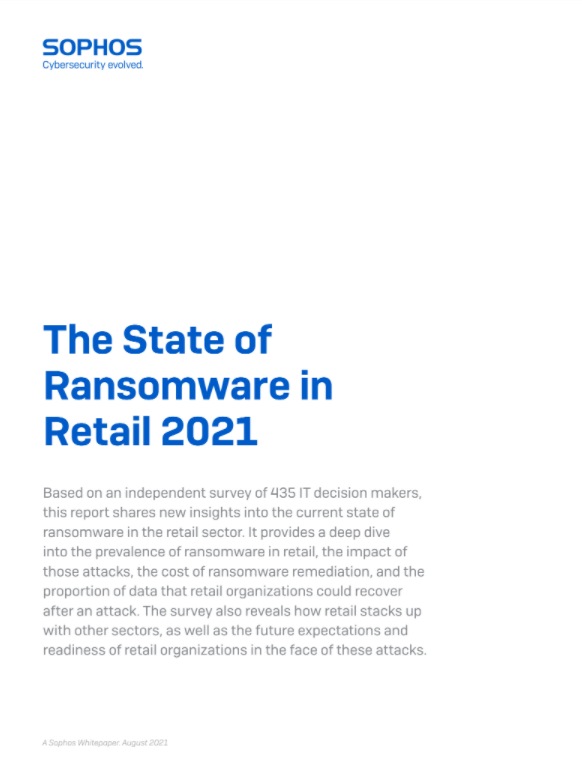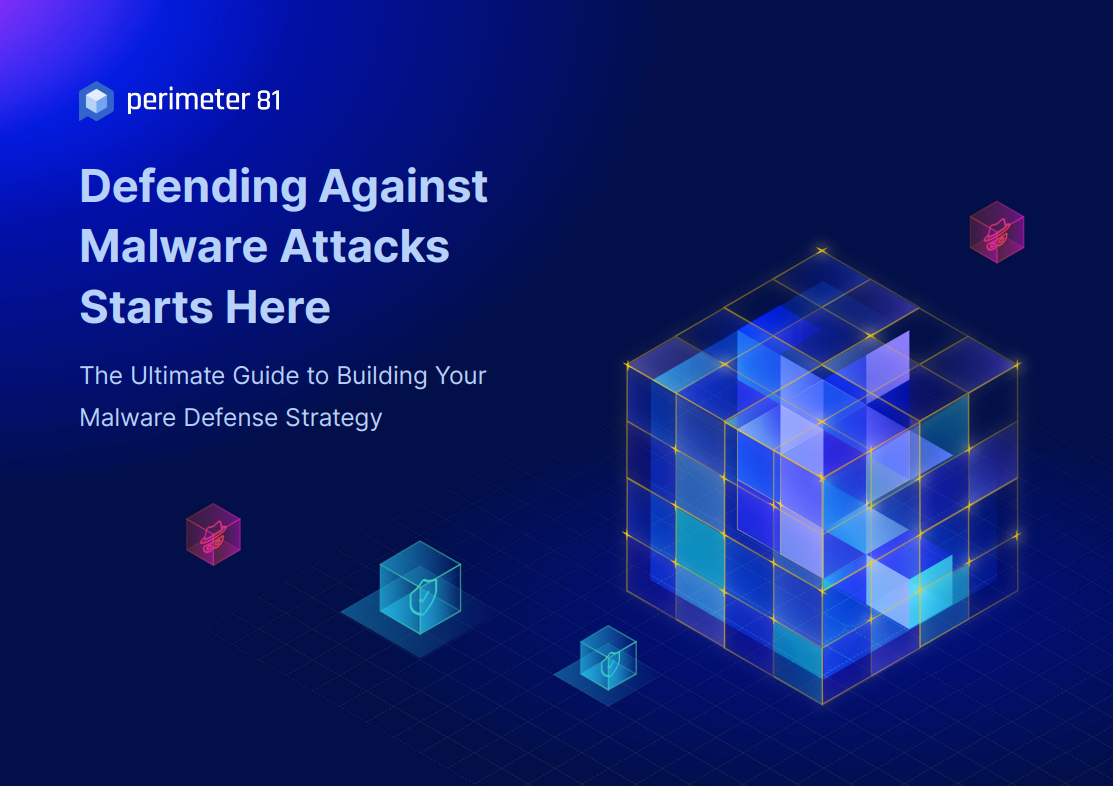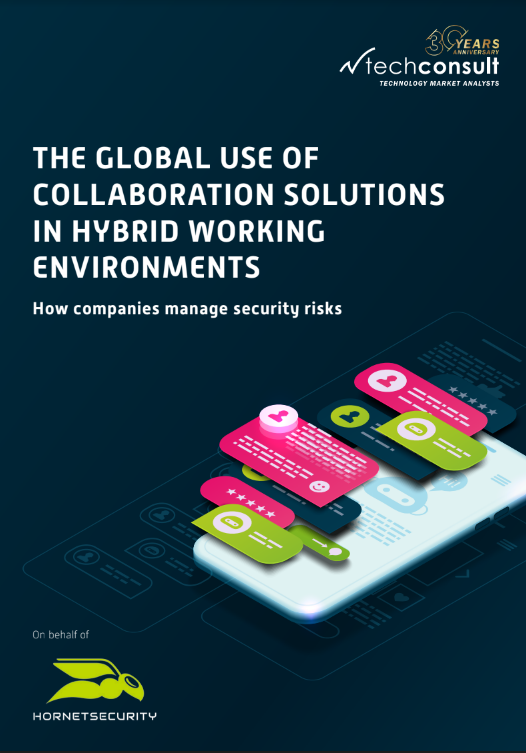IoT devices are more vulnerable than ever
Ove a billion attacks recorded on IoT devices in the first six months of the year


Over 1.5 billion attacks against Internet of Things (IoT) devices were detected by security researchers in the first half of the year, according to new research from Kaspersky.
Based on an analysis of telemetry data from the company’s honeypots, cyber attacks against IoT devices have increased by over 100%. In the first half of 2021, the number of total infection attempts reached 1,515,714,259. During the final six months of 2020, there were only 639,155,942.
Most of the attacks used the telnet protocol to access IoT devices. Researchers recorded over 872 million — 58% of the total — using this protocol. The rest used SSH (34%) and web (8%) channels. Hackers can use these compromised devices in a botnet to mine for cryptocurrency, launch DDoS attacks, or steal confidential data.
Kaspersky Security Expert Dan Demeter says since IoT devices, from smartwatches to smart home accessories, have become essential parts of our everyday lives, cyber criminals have skillfully switched their attention to this area.
“We see that once users’ interest in smart devices rose, attacks also intensified,” he said. “Some people believe they aren’t important enough to be hacked but we’ve observed how attacks against smart devices intensified during the past year. Most of these attacks are preventable, that’s why we advise smart home users to install a reliable security solution, which will help them stay safe.”
Kaspersky recommended updating device firmware and changing any default passwords to something stronger or different. Any devices behaving oddly should also be rebooted to eliminate malware.
Sachin Shah, CTO of Operational Technology and ICS at Armis, told IT Pro that IoT exploitation is on the rise.
Sign up today and you will receive a free copy of our Future Focus 2025 report - the leading guidance on AI, cybersecurity and other IT challenges as per 700+ senior executives
RELATED RESOURCE

The state of ransomware in retail 2021
Insights into the current state of ransomware in the retail sector
“Protecting such a colossal attack surface is no easy task, especially when there are so many varying types and security standards on the devices,” he said. “The prevailing concern from a security operations perspective regarding those billions of IoT devices, is that anything connected can be hacked. Each IoT device represents an attack surface that presents attackers with an avenue into your data.”
“And unlike laptops and smartphones, most IoT small factor devices hold less processing and storage capabilities. This makes it difficult to employ anti-virus, firewalls, and other security applications that could help protect them. At the same time, edge computing intelligently aggregates local data, making it a concentrated target for sophisticated threat actors. Ransomware can also target applications and data in addition to IoT device hardware,” he added.
Rene Millman is a freelance writer and broadcaster who covers cybersecurity, AI, IoT, and the cloud. He also works as a contributing analyst at GigaOm and has previously worked as an analyst for Gartner covering the infrastructure market. He has made numerous television appearances to give his views and expertise on technology trends and companies that affect and shape our lives. You can follow Rene Millman on Twitter.
-
 Making sense of a quickly evolving ZTNA market
Making sense of a quickly evolving ZTNA marketWhitepaper New insights from the Enterprise Strategy Group
-
 Advancing your risk management maturity
Advancing your risk management maturityWhitepaper A roadmap to effective governance and increase resilience
-
 The top zero trust use cases
The top zero trust use casesWhitepaper The challenges organizations solve to reduce risk and cost
-
 Modernising identity for a secure, agile hybrid workforce
Modernising identity for a secure, agile hybrid workforceWhitepaper Pave the way towards a modern, secure, efficient, and sustainable hybrid workplac
-
 The Okta hybrid work report 2023
The Okta hybrid work report 2023Whitepaper How European leaders are building long-term strategies for hybrid working
-
 Defending against malware attacks starts here
Defending against malware attacks starts hereWhitepaper The ultimate guide to building your malware defence strategy
-
 The global use of collaboration solutions in hybrid working environments
The global use of collaboration solutions in hybrid working environmentsWhitepaper How companies manage security risks
-
 Research: Luxury cars and emergency services vehicles vulnerable to remote takeover
Research: Luxury cars and emergency services vehicles vulnerable to remote takeoverNews A "global API issue" has been highlighted through months-long research into brands such as Ferrari and Mercedes-Benz, leaving owners open to hacking, account takeovers, and more


